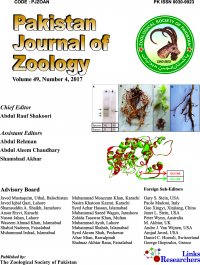ABSTRACT
Cancer disease is a major cause of death worldwide in the last few decades. Recently, the risk of cancer and its mortality rates have increased both in economically less and highly developed countries. Two of the leading causes of the death of cancer are lung and breast cancers among males and females, respectively. A variety of drugs are in use for cancer treatment but their recruiting properties are limited because of the developing resistance and/or finiteness of bioavailability. Current research is aimed at synthesis of a new effective agent of a different type, silymarin-loaded solid lipid nanoparticles and investigation of its effectiveness on treatment of lung and breast cancers. In this respect, these nanoparticles and silymarin were elucidated by using MTT assay for cytotoxicity, annexin-V analyses for cell death mechanism and confocal and transmission electron microscopies for morphological and ultrastructural changes. Based upon our findings, it can be concluded that silymarin-loaded solid lipid nanoparticles significantly reduced the growth of A549 and MCF-7 cells compared to silymarin. Also these nanoparticles induced apoptosis both in A549 and MCF-7 cells in higher percentages than that of silymarin. In microscopic investigations, it was shown clearly that apoptotic cell death hallmarks in silymarin and silymarin-loaded solid lipid nanoparticles treated cells, being more prevalent for the latter. These findings suggested improved bioavailability of silymarin in nanoparticle formulation, consequently silymarin-loaded solid lipid nanoparticles could be considered as a useful drug delivery system for silymarin that has poor water-solubility and an excellent candidate for anticancer drug development.
To share on other social networks, click on any
share button. What are these?










